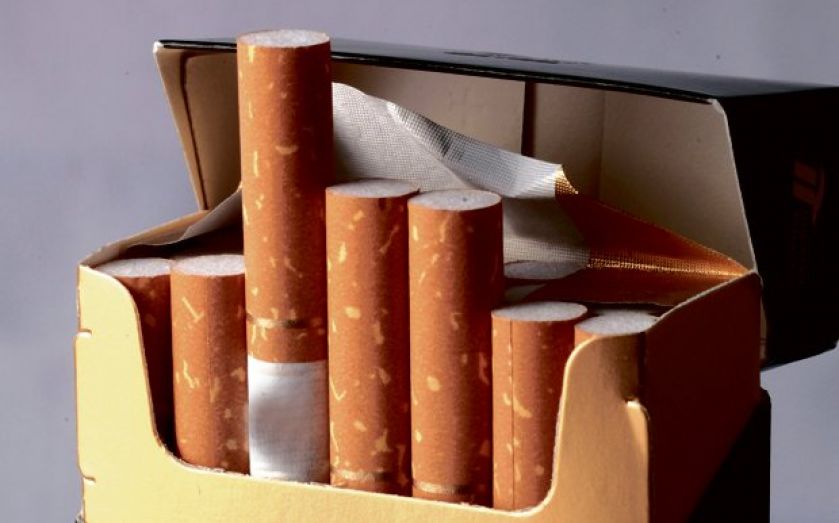Plain cigarette packaging will be introduced in the UK before the general election

Plain packaging for cigarettes will be coming to the UK much sooner than expected, marking an end to years of wrangling over whether or not the scheme would actually work.
Health minister Jane Ellison said the government would bring in legislation before the end of this Parliament, giving it time to be agreed by both houses before the General Election in May.
During the adjournment debate in the commons, she said the current "comprehensive" approach was working well, but insisted there was not room for complacency. "We know the damage smoking does to health … the government is completely committed to protecting children from the harm that tobacco causes."
Initial consultations on plain packaging began just under three years ago, and after this an independent Chantler review came out in favour of standardised packaging. Since then there's been another consultation, as well as a parliamentary vote which was supportive of the measure.
Ellison added that the move was both "proportionate" and "justified" given tobacco causes around 80,0000 deaths a year, with about 600 children starting to smoke every day.
The scheme would imitate a plain packaging policy currently in place in Australia. Its success has been mixed, and while some claim the policy has slashed smoking rates, other say it's inflated the black market there.
Ann McKeclin, the labour MP who forced a debate on the issue in the commons said "In Australia, where plain packaging legislation was introduced in 2012 and generic packaging before that, smoking rates have fallen dramatically."
"Only 15% opposed the measure.The new survey of more than 1,800 adults from across Britain reveals high levels of support from potential Conservative, Labour, Liberal Democrats and Ukip voters," McKeclin said.
A prominent economics think tank said this stance cloaks the burgeoning black market and rising youth smoking. "To pursue this grandstanding policy in spite of the Australian experience is sheer negligence," Christopher Snowdon, director of lifestyle economics at the Institute of Economic Affairs said.